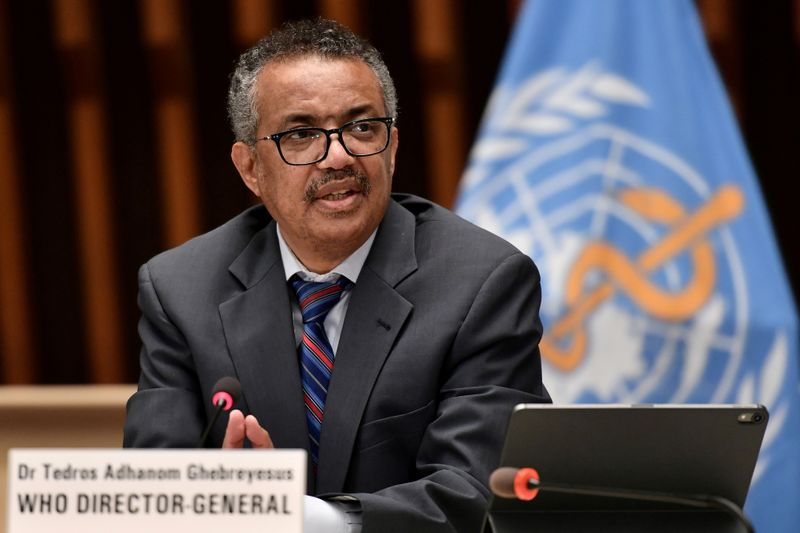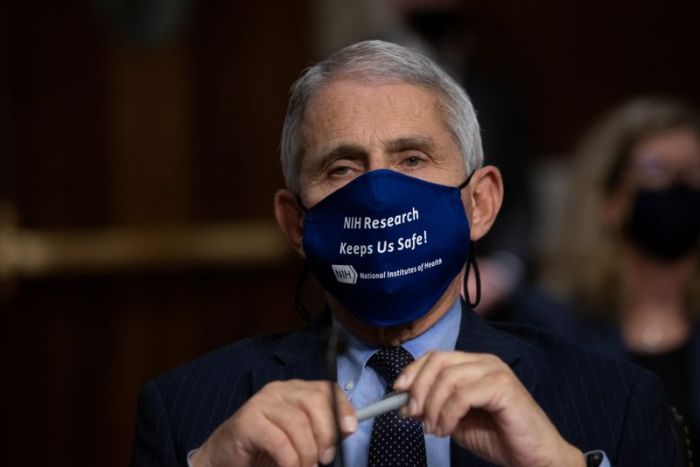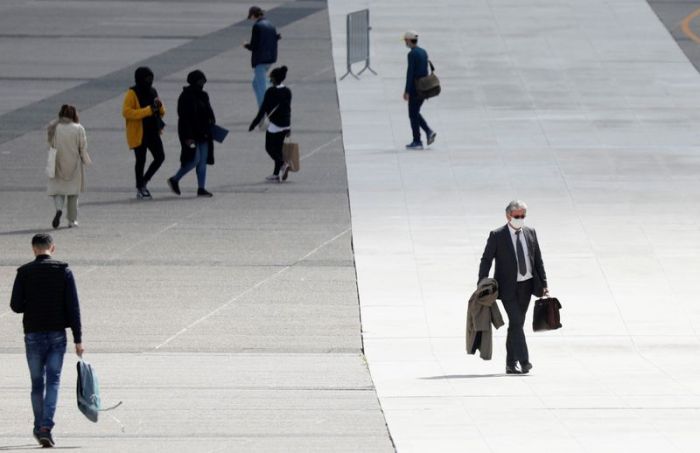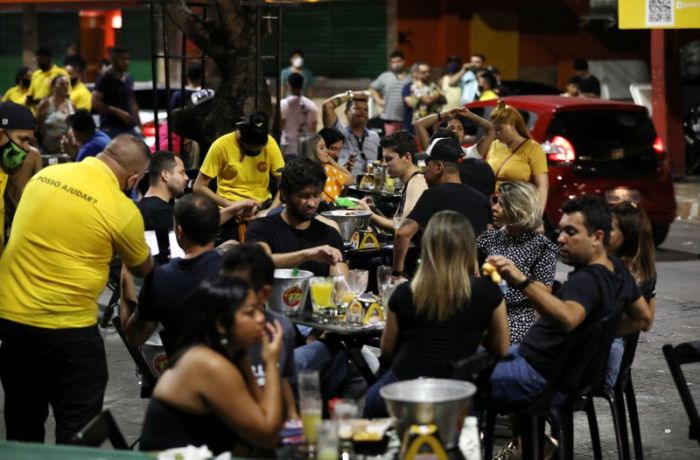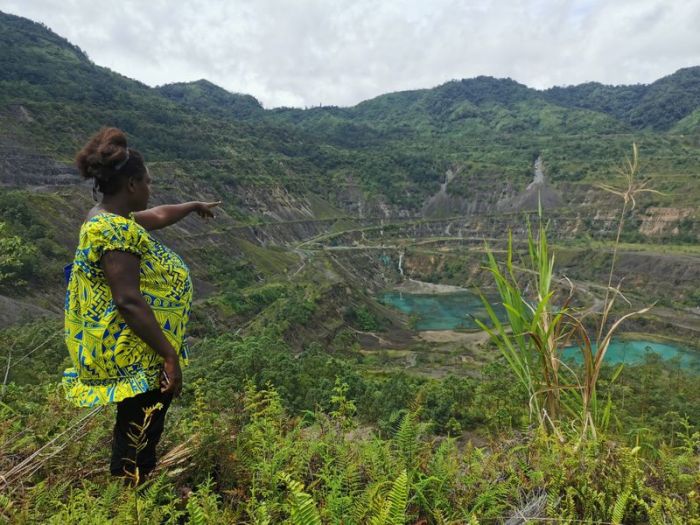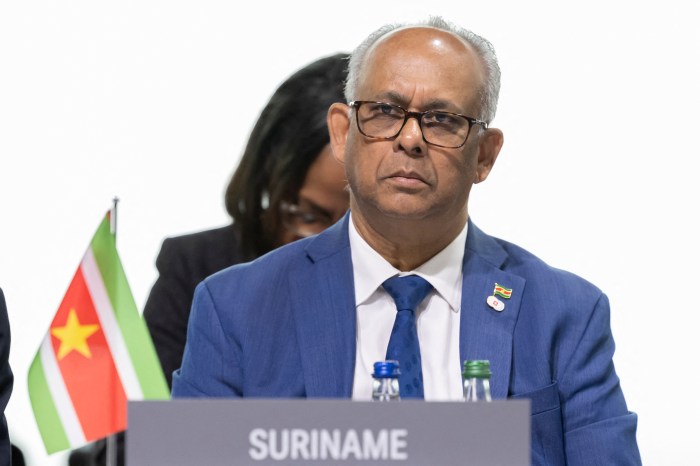GENEVA/LONDON (Reuters) – Some 120 million rapid diagnostic tests for coronavirus will be made available to low- and middle-income countries at a maximum of $5 each, the World Health Organization (WHO) said on Monday.
The wider availability of quick, reliable and inexpensive testing will help 133 countries to track infections and contain the spread, closing the gap with wealthy ones, it said.
WHO Director General Tedros Adhanom Ghebreyesus said the manufacturers Abbott <ABT.N> and SD Biosensor had agreed with the Bill & Melinda Gates Foundation to “make 120 million of these new, highly portable and easy-to-use rapid COVID-19 diagnostic tests available over a period of six months”.
He told a news conference in Geneva the tests were currently priced at a maximum of $5 each but were expected to become cheaper.
“This will enable the expansion of testing, particularly in hard-to-reach areas that do not have laboratory facilities or enough trained health workers to carry out tests,” Tedros said.
“This is a vital addition to the testing capacity and especially important in areas of high transmission.”
Catharina Boehme, chief executive officer of the Foundation for Innovative New Diagnostics (FIND), a Geneva-based non-profit organisation in the project, said the deal was a “major milestone” as it was urgent to increase testing in poorer countries.
“It is our first line of defence, critical for countries to track, trace and isolate to stop the spread of the virus and to ensure that we are not flying blind,” she said.
“We now have two high-quality tests which are the first in a series that are being developed and assessed by WHO for emergency use listing,” she said.
The antigen tests – which don’t require a laboratory – provide reliable results in just 15 minutes rather than hours or days and will help expand testing, Boehme said, adding: “The tests are as simple to use as pregnancy tests.”
The Global Fund to Fight AIDS, Tuberculosis and Malaria – another Geneva-based group – was providing an initial $50 million to the procurement fund and the first orders were expected to be placed this week, she said.
Maria Van Kerkhove, WHO technical lead on COVID-19, said that more tests were undergoing evaluation and would come online.
They would be particularly useful in remote settings and to investigate clusters quickly and bring them under control and in areas with widespread community transmission.
“This will be really, really helpful for communities and countries to be able to know where is the virus and who is infected with the virus,” she said.
(Reporting by Emma Farge, Michael Shields, Kate Kelland, Stephanie Nebehay; Editing by Kevin Liffey and Mark Potter)

